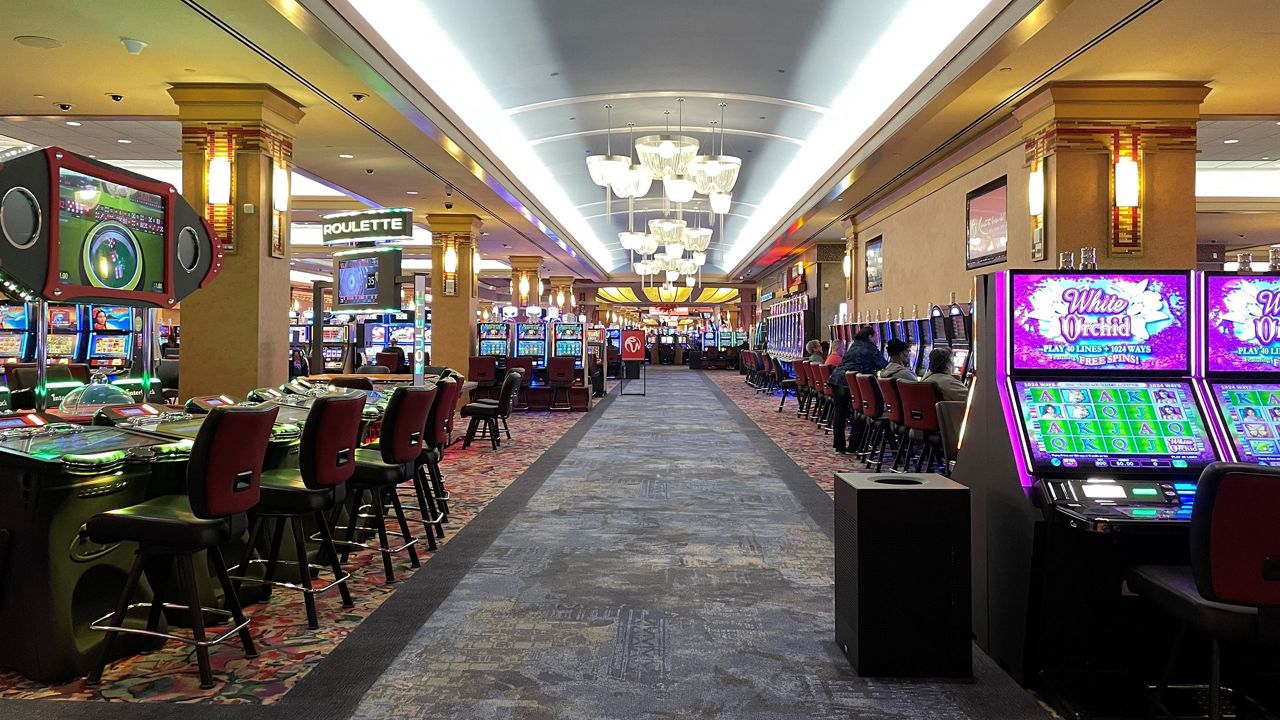In the world of gambling, in which chance and strategy converge, a unique tapestry of beliefs emerges—one that braids luck, fate, and the enigmatic nature of casino games. Casinos, bustling with excitement and anticipation, are not just venues for placing bets; they are also arenas where superstitions thrive. Ranging from the novice player to the seasoned gambler, these mysterious practices often shape how individuals approach the games they play, believing that their actions can affect the outcome in ways that go beyond mere probability.
When players gather around roulette wheels, blackjack tables, and slot machines, the atmosphere is thick with stories of lucky charms, rituals, and codified behavior that defy logic yet provide a sense of comfort. Whether it’s wearing a specific outfit, following a particular sequence of bets, or even avoiding certain numbers, the attachment to various superstitions reflects a deep-rooted desire to manipulate the uncontrollable. This article delves into the captivating world of casino game superstitions, investigating the beliefs that both entertain and mystify those who dare to play.
Historical Beginnings of Superstitions
Betting activities have long been connected with an array of superstitions that trace to ancient cultures. ok365 The origins of these notions can be linked to humanity’s intrinsic need to manage the unpredictable outcomes related with fortune and randomness. In primitive civilizations, games of chance were often tied to religious practices. Gamblers would call upon aid or ask for favor from spirits, believing that their actions could change the odds in their advantage. This foundation laid the basis for the variety of superstitions that developed as casino games evolved over ages.
During the medieval period, betting became a common hobby across Europe, and with it, a rich tapestry of superstitions appeared. Players adopted numerous rituals and charms, believing they could influence the consequences of games. The importance of numbers, in particular, emerged to manifest in superstitions pertaining to card games and dice. casino ok365 The number seven was often considered auspicious, while various numbers carried unfortunate connotations. These notions mirrored the cultural contexts of the time, adapting as they passed through generations and transformed to different gaming environments.
As gambling houses appeared in the 17th century, particularly in Italy and France, the atmosphere surrounding betting became steeped in enigma. The growing accessibility of gambling games allowed for the expansion and variation of superstitions among players. Concepts like fortunate charms, specific seating locations, and rituals gained prominence, creating a special culture within gambling establishments. As these customs continued to thrive, they became essential to the identity of casino games, illustrating how history and tradition shape the convictions that influence how participants interact with chance.
Widespread Gambling Superstitions
Superstitions surrounding casino games are abundant and varied, mirroring the hopes and anxieties of players as they engage in chance-based activities. One of the most common views is that specific numbers bring luck or bad luck. For example, the number seven is often seen as a favorable number, frequently embraced by players looking for a positive result. Conversely, the digit 13 is routinely considered cursed, leading many gamblers to steer clear of it during their gambling sessions.
Another frequent belief relates to rituals that gamblers believe can affect their chances. It could be blowing gently on the dice before a roll, using a particular gesture to place a bet, or even putting on specific items of clothing, many individuals feel that these rituals can sway luck in their benefit. These practices offer a feeling of control in an otherwise unpredictable environment, reinforcing the idea that fortune can be created through individual convictions and habits.
Lastly, the environment and vibe of the gambling house itself adds to superstition. Many players suggest that the presence of certain symbols, such as four-leaved clovers or lucky tokens, can enhance their chances of winning. Additionally, players might hold to the belief that victory streaks can be interrupted by mundane events, such as someone walking past or a spill at the gaming surface. The shared atmosphere in a casino can amplify these beliefs, creating a communal culture of myths that transcends single experiences.
Impact of Superstitions on Players
Beliefs play a crucial role in the psychology of gamblers, often affecting their actions and decision-making. Numerous gamblers believe that luck can be influenced through various rituals, such as wearing a lucky charm, choosing particular hues, or avoiding certain numbers. This dependence on superstitions can create a feeling of authority in an environment that is intrinsically unpredictable. Players often feel more self-assured and involved when they believe that their actions could sway the outcome of a game in their favor.
The impact of these superstitions extends beyond singular players, affecting the overall atmosphere inside the casino. For example, a player who holds the belief in the luck of a particular slot machine might attract a crowd, as onlookers are intrigued by their apparent luck. This collective belief can amplify excitement and create a lively environment, leading to an interesting experience even for those who may not necessarily be superstitious. The excitement around specific games can lead to higher participation and extended playing sessions, supporting the casino’s lively social scene.
In some cases, superstitions can lead to detrimental effects for players. Relying too much on rituals can result in bad gambling decisions, as some may overlook basic strategies in favor of baseless beliefs. Additionally, the pressure to perform rituals may increase anxiety and tension, diminishing from the enjoyment of the experience. Ultimately, while superstitions can enhance the thrill of playing casino games, they can also lead to unwise choices that overshadow the fun and entertainment intended in the casino experience.
